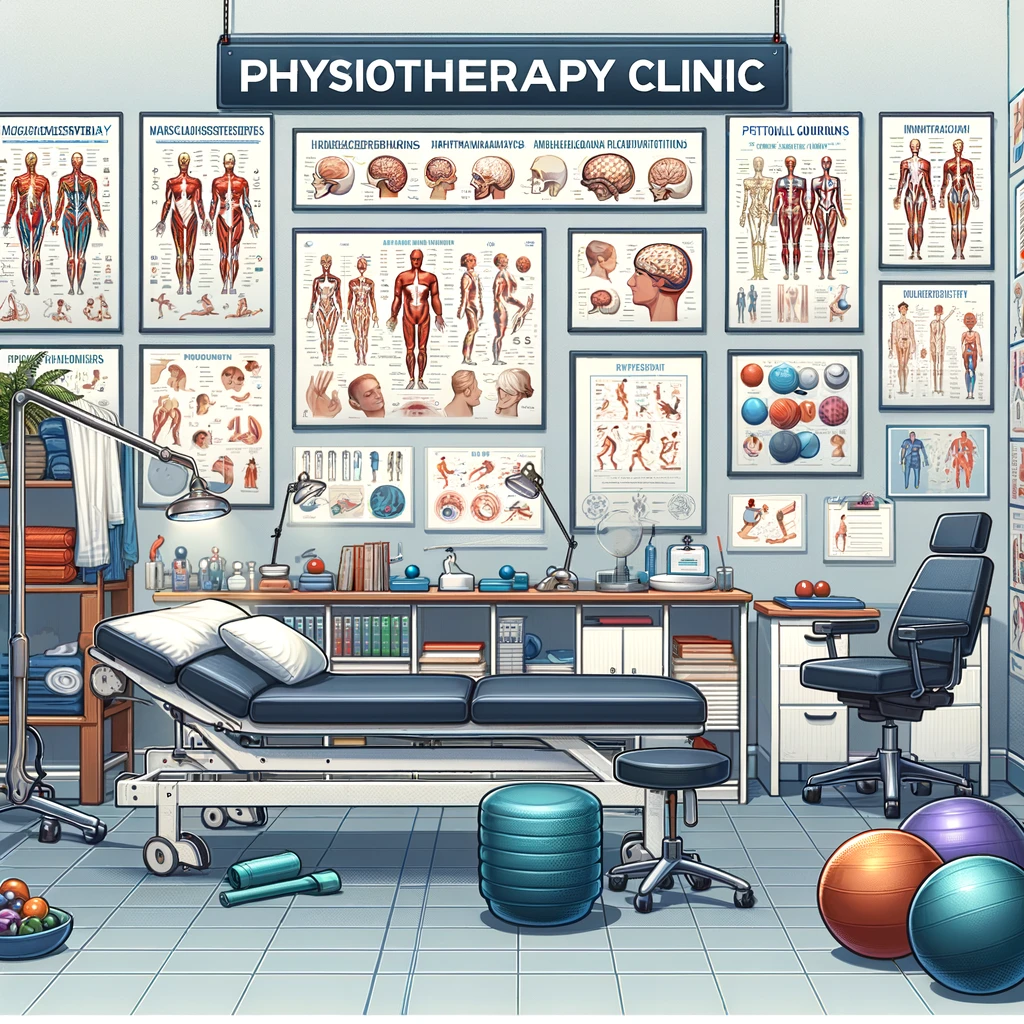top of page
Medical condition/treatment
Intervertebral disc prolapse
disc prolapse
Back
disc prolapse
A herniated disc occurs when the soft core of a disc protrudes between the vertebrae and presses on the surrounding nerves. This can cause severe back pain and nerve damage. Physical therapy focuses on relieving pain, strengthening muscles, and restoring mobility. In some cases, surgery may be necessary.
Causes/Description:
Spine, intervertebral discs, back pain, rehabilitation

disc prolapse
Physiotherapie, Bandscheibenvorfall, Rückenprobleme, Wirbelsäule, Rückenschmerzen
50 min
260 Swiss francs25 min
disc prolapse
A herniated disc occurs when the soft core of a disc protrudes between the vertebrae and presses on adjacent nerves or the spinal cord. This can cause severe back pain, numbness, tingling, and weakness in the extremities. Treatment can be conservative with rest, physiotherapy, pain medication and targeted exercises or, in more severe cases, surgical. Rehabilitation aims to restore mobility and strengthen back muscles to prevent relapses.
disc prolapse
If you have a herniated disc, it is important to seek medical attention immediately. Treatment may be conservative, such as rest and physical therapy, or may require surgery in severe cases. Your physical therapist can help you strengthen your back muscles and relieve pain. The effectiveness of physical therapy for herniated discs is well documented.
disc prolapse
History: Pelvic floor rehabilitation is a relatively new form of therapy that aims to strengthen the muscles in the pelvic floor area. It is often used in women after childbirth or in men after prostate surgery. Fact: A strong pelvic floor can improve bladder control.
bottom of page































































